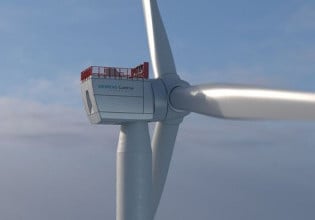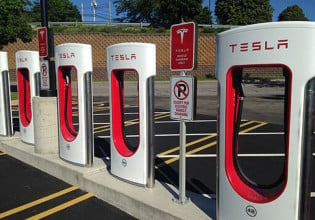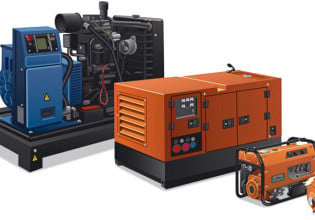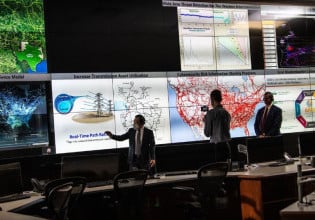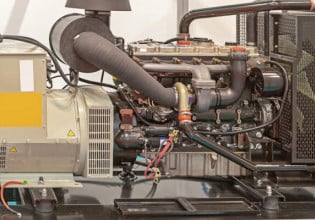IEEE Unifies Power, Communications & IT With Launch Of Smart Grid Interoperability Standards Project
The IEEE announced what it describes as a groundbreaking smart grid initiative for the power engineering, communications and information technology industries with the project approval of the IEEE 2030 Guide for Smart Grid Interoperability of Energy Technology and Information Technology Operation with the Electric Power System (EPS) and End-Use Applications and Loads (P2030).
Leveraging the technical breadth of the IEEE and its open standards development process, IEEE P2030 will provide a knowledge base for understanding and defining smart grid interoperability of the electric power system with end use applications and loads. It will involve the integration of energy technology and information and communications technologies, which is necessary to achieve seamless operation for electric generation, delivery, and end-use benefits that will permit two-way power flow with communication and control.
"With its rich heritage and vast membership from a broad range of technology sectors, IEEE is uniquely positioned to enable power engineering, communications and information technology to coalesce. This landmark initiative, which spans multiple diverse industries, will tap into the numerous ubiquitously deployed IEEE standards developed by a variety of expert groups," said Chuck Adams, President, IEEE Standards Association. "IEEE P2030 will define key elements of the modernized grid, and it will accelerate progress in making the smart grid a reality."
IEEE P2030 is sponsored by the IEEE Standards Coordinating Committee 21 (SCC21) and chaired by Dick DeBlasio, who is program manager at the National Renewable Energy Lab facility of the U.S. Department of Energy, and serves as the IEEE smart grid liaison to the National Institute of Standards and Technology (NIST). DeBlasio points out that "this P2030 standards project will support NIST’s role to coordinate the development of smart grid interoperability standards."
"The approval of IEEE P2030 represents a significant milestone for the IEEE, the public, industry and governments, especially with the global focus on bringing intelligence and standardization to the way energy is transmitted, distributed, managed and kept secure. And it strongly addresses the need to reduce energy transmission’s carbon footprint," continued DeBlasio. "IEEE P2030 will provide urgently needed guidelines for smart grid interoperability, building on the many technologies used in the electric power system and merging these with communication, monitoring, and analysis technologies and capabilities."
The IEEE states that it is uniquely positioned to guide smart grid interoperability standardization, given its significant and relevant breadth of technology expertise. With the foundational technical explorations and the already existing standards from the diverse fields of digital information and controls technology, networking, security, reliability, assessment, interconnection of distributed resources including renewable energy sources to the grid, sensors, electric metering, broadband over power line, and systems engineering – together, it is stated that this body of knowledge has no match.


